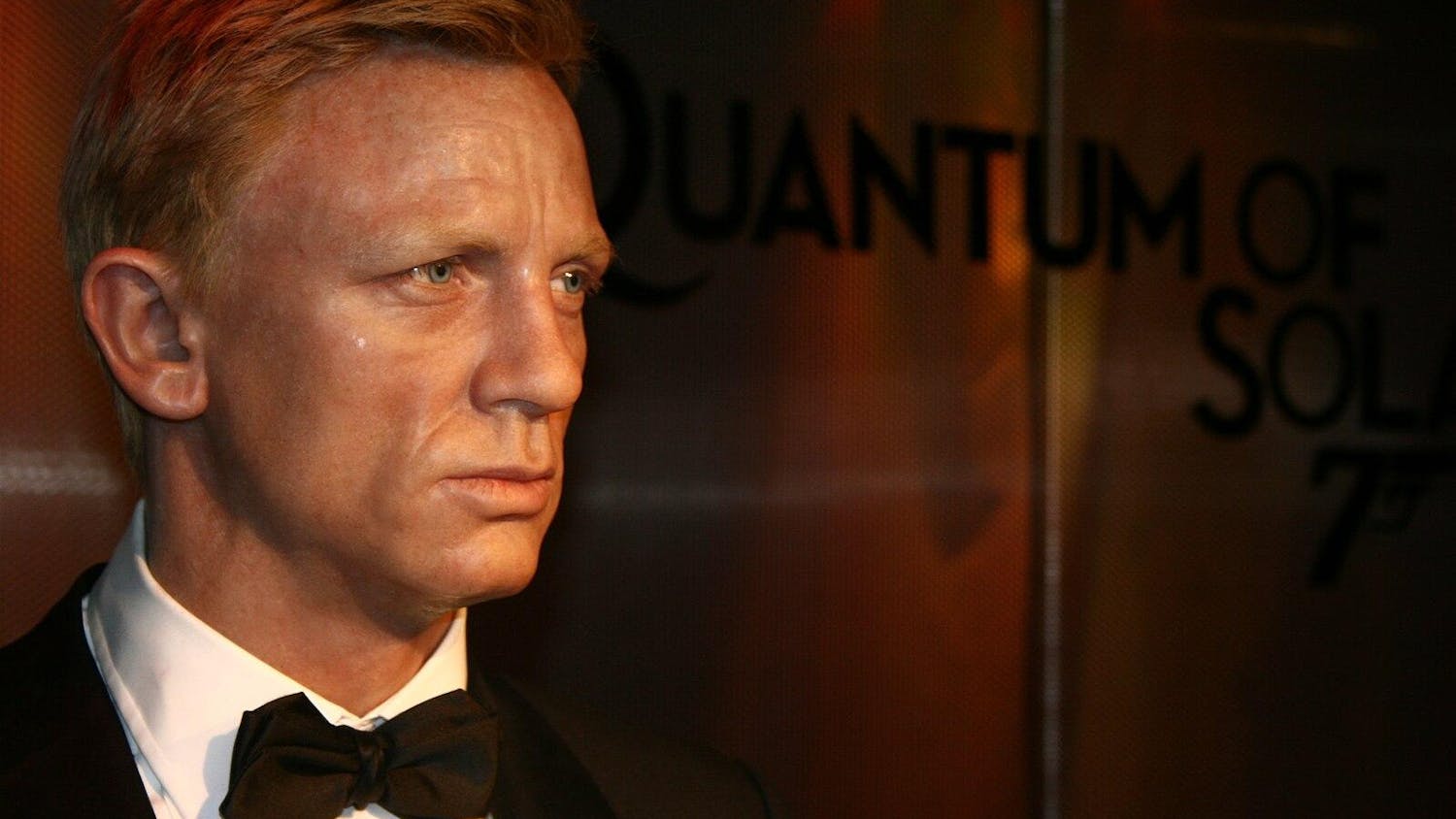It seems like the Stan Lees, Frank Millers and even Charles Schulzes of the world compose their visual masterpieces with the intent of producing storyboards that translate into epic blockbusters. Ever since "Superman" (1978) lit up the silver screen, movies based on comic books and graphic novels have been some of the most and well-renowned blockbusters in popular culture. With the release of last summer's "The Dark Knight" (2008), last weekend's "Watchmen" (2009) and the prospective releases of about nine other comic book movies this year, we decided to dissect the components needed for mating a successful and worthy film adaptation of a comic book.
Directors of comic-book films are faced with a difficult but imperative task: pleasing the fanboys. You know whom we're talking about — the highly opinionated, overweight, "World of Warcraft" -playing 35-year-olds. They are the guys who control the fate of most of these movies, and they do it from their parents' basement via internet forums. As movie production becomes more and more transparent with things like behind-the-scenes blogs, directors are now directly accountable to the fan base. When Tim Burton radically changed The Penguin from a well-polished mob boss to a man who has ectrodactyly (look it up) and was raised by penguins, fans complained. If Christopher Nolan tried that now, he would be crucified for realsies.
One way to appease this group is to stick firmly to the source material. When Zack Snyder announced that the climax of "Watchmen" had been altered, fans vocally cried foul. Forums ignited, roasting the film's director and denouncing a movie of which they had not seen a clip. On the other side of the spectrum, there's Robert Rodriguez's 2005 visceral adaptation of Frank Miller's blood-drenched magnum opus, "Sin City." This film was basically a frame-for-frame mimicry of the "graphic" (see what we did there, that's double entendre) novel, which was easy to pull off since Miller labeled his work as film noir.
Comic-book films are often synonymous with action movies; rarely do we get an adaptation that features more talking and emotion than punches and explosions. There are a couple of notable exceptions, but these movies were not advertised as adaptations. "Road to Perdition" (2002) and "A History of Violence" (2005) were both based on graphic novels, yet were not marketed as such. Were the studios afraid audiences wouldn't take these movies seriously? By not fully educating audiences, studios are further extending the unfounded belief that comic-book films are only for acne-ridden, action-craving teenagers.
The current influx of comic-book films is sure to shake our perception of the genre. From 3-D, animated films such as "Coraline" (2009) and the upcoming "Astro Boy" to live-action thrillers like the approaching "X-Men Origins: Wolverine" and "Whiteout," movies based on graphic novels and comic books will flood the box office in 2009. There will even be two future comic-book films featuring actors from the movie "Superbad" (2007).
Michael Cera will star in an adaptation of Bryan Lee O'Malley's "Scott Pilgrim" series, graphic novels about a young, wannabe rock star who must defeat the seven evil ex-boyfriends of a girl in order to date her, while Christopher Mintz-Plasse (i.e. McLovin) is set to play Red Mist alongside Nicolas Cage in "Kick-Ass," a film based on Mark Millar's graphic novel of the same name. Who knows, coming up next we may see a remake of 1988's "The Blob" starring Jonah Hill.
It would take another steaming pile of campy mediocrity like Joel Schumacher's "Batman and Robin" (1997) to douse the comic-adaptation genre craze. Currently, comic-book films are decidedly en fuego.
--
Zach Drucker and Chris Poldoian are freshmen who have not yet declared majors. They can be reached at Zachary.Drucker@tufts.edu and Christopher.Poldoian@tufts.edu.





